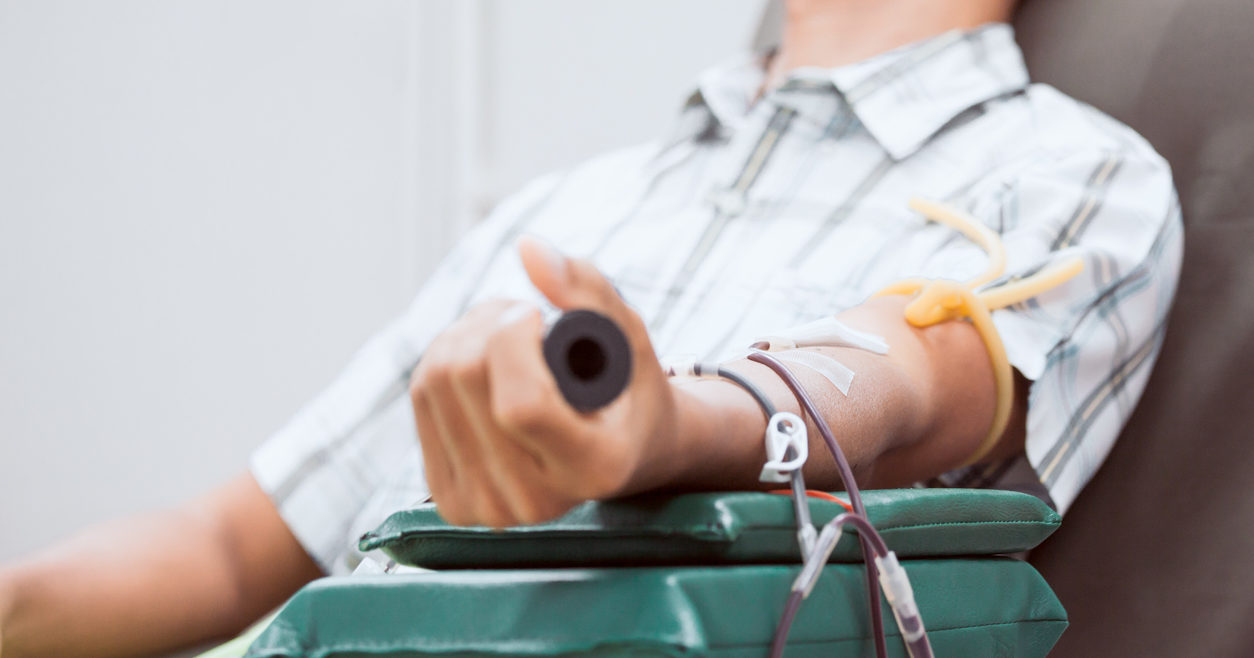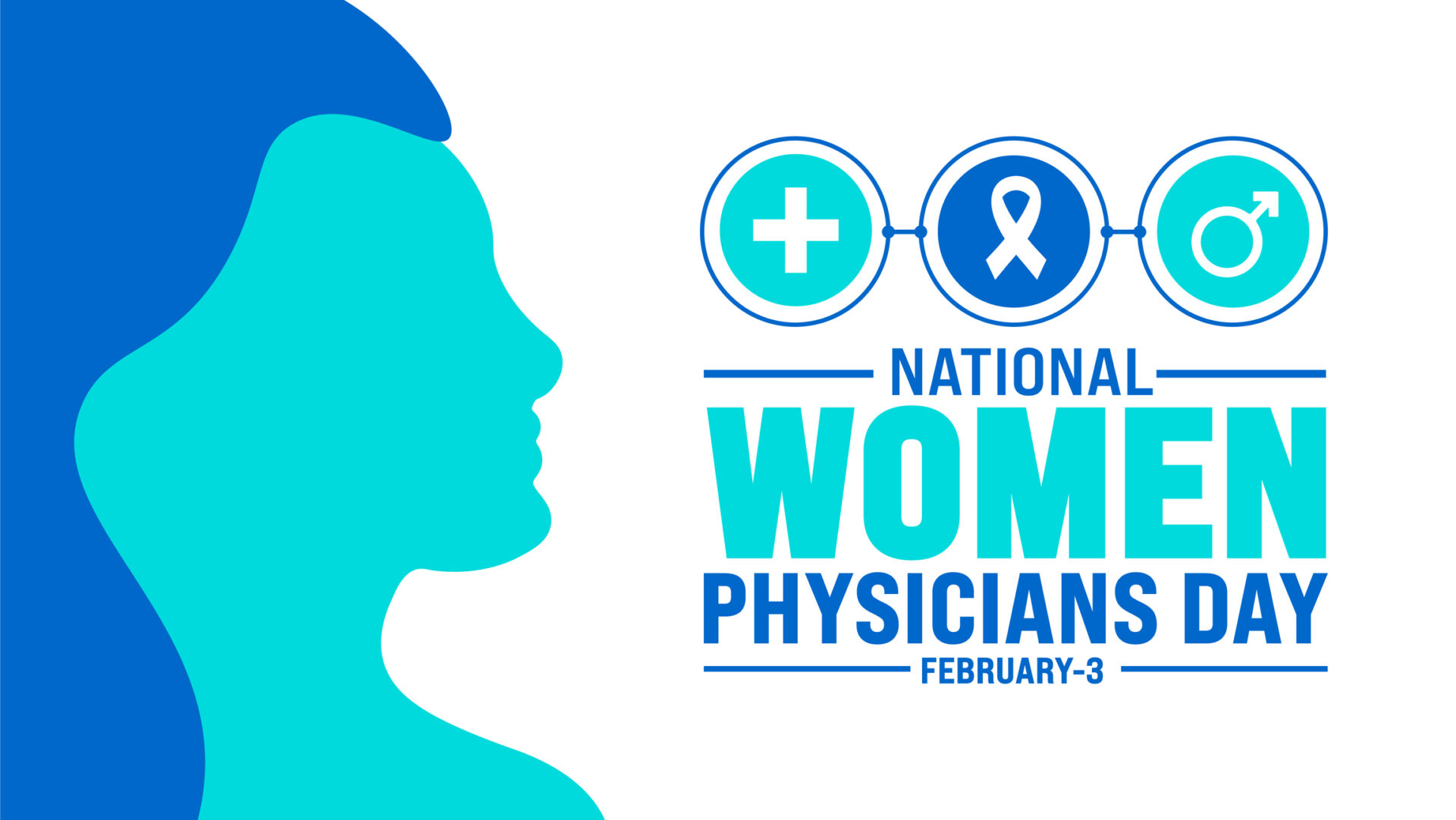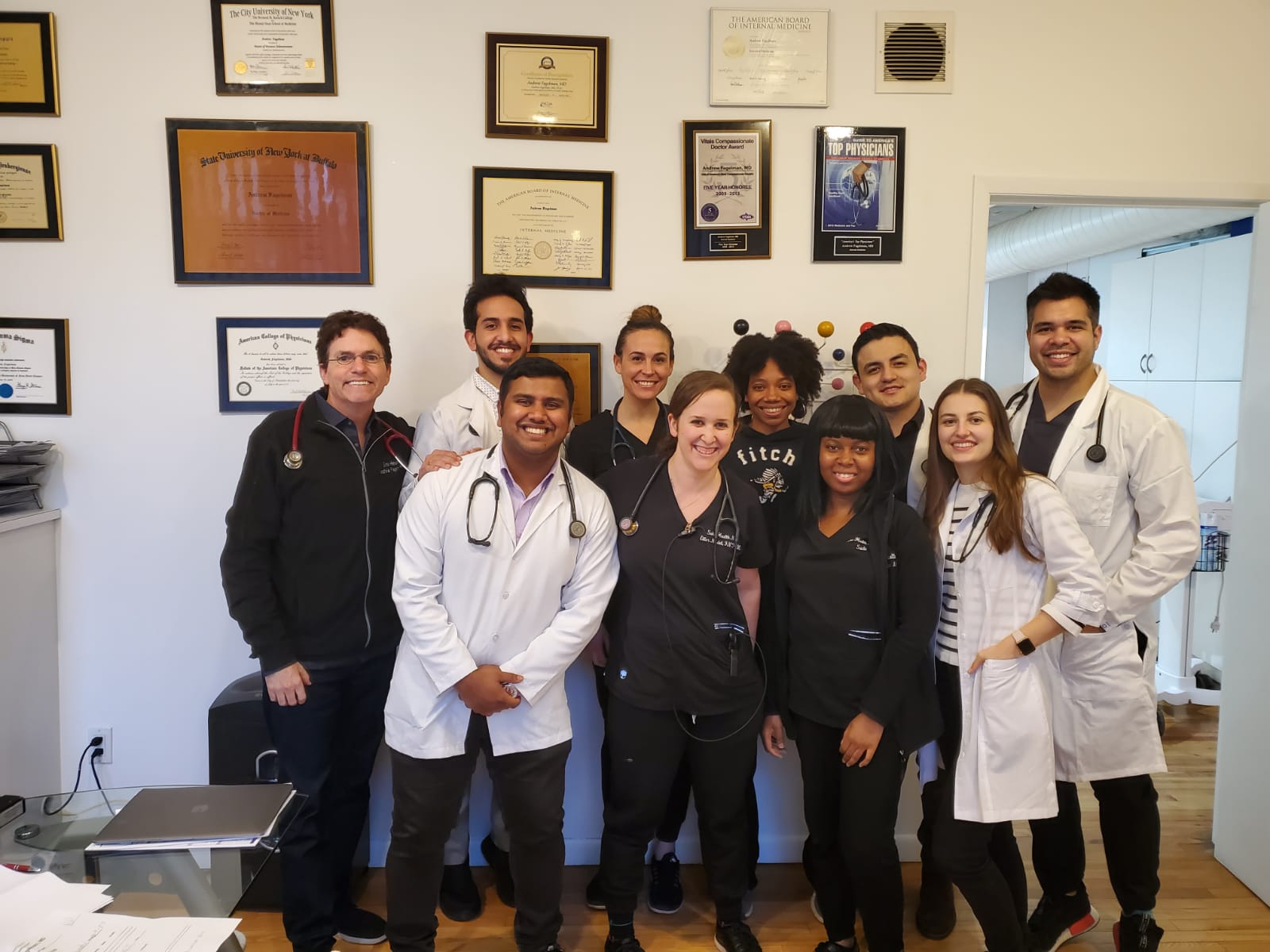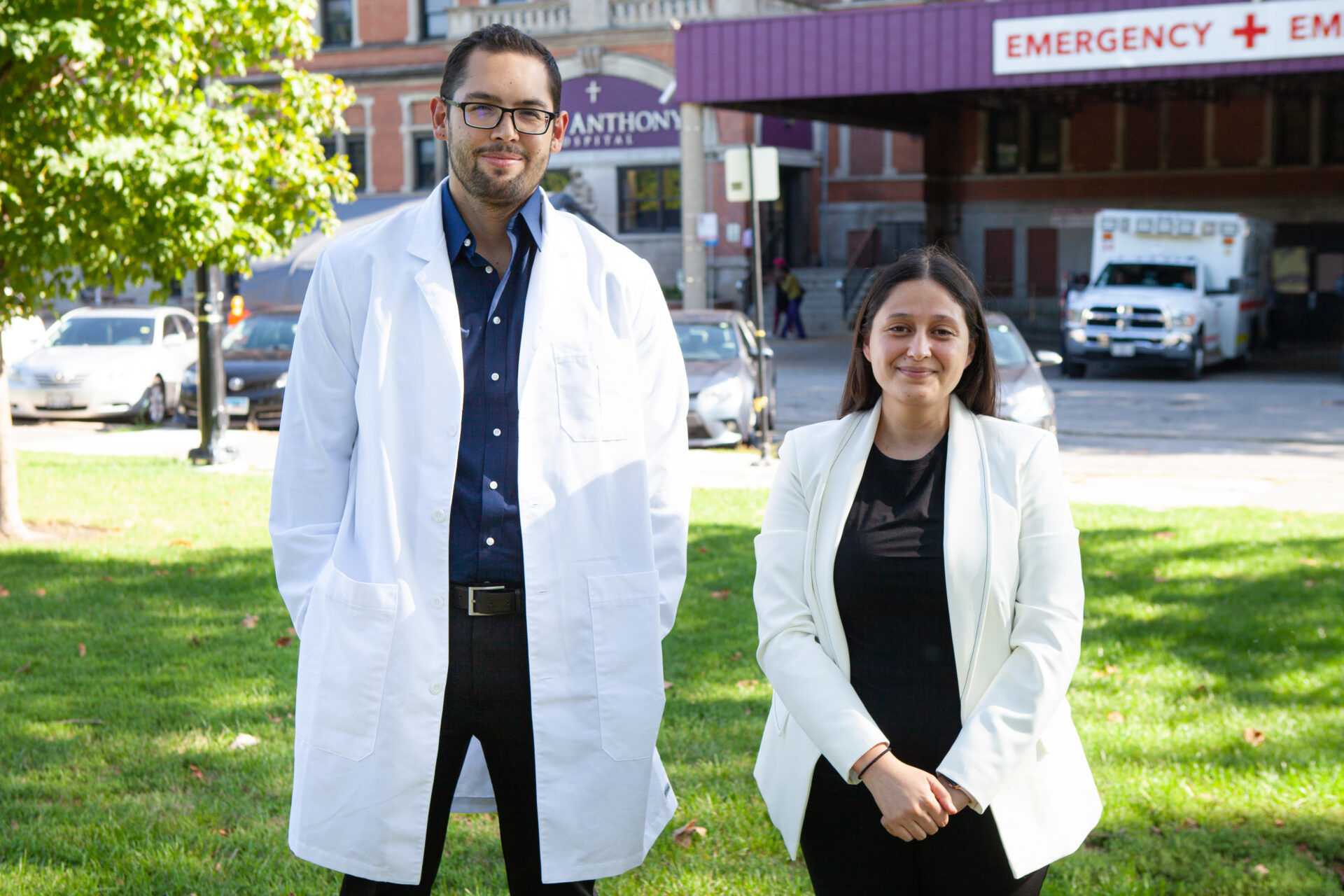Donating blood is life-giving; if you choose to make a donation, you could be saving a life. According to the Red Cross, 36000 units of red blood cells are in demand daily. This number represents the U.S. alone, while global numbers are in the millions. These demands come on behalf of cancer, trauma, sickle cell, burn, and chronic disease patients whose case outcomes are unclear without such donations.
On June 17, World Blood Donor Day, the International Federation of Red Cross and Red Crescent Societies come together to recognize the importance of blood donation. They use this day to ask those in good health to share their fortune with others by donating blood.
Because blood is in such high demand, booking an appointment is relatively easy. If you’re interested in making a donation, contact the blood bank nearest to you or research upcoming blood drives in your area.
Steps for a Successful Blood Donation
Think donating blood is as simple as showing up and getting stuck with a needle? This is only partially true. You can read one medical students experience of the first time he drew blood from a patient. To ensure your donation is accepted and that you stay standing after making your contribution, there are a few steps you should consider taking in the days prior to and following your appointment.
1. When Donating Blood Eat Iron-Rich Foods
If you are borderline anemic or follow a diet that may be low in iron, this step is extremely important. According to a 2019 study, 11.2% of voluntary blood donors are iron deficient. Blood donations that are low in iron cannot be used. Often, donors are not aware of this until they sit through the donation and are told to introduce more red meats and leafy greens into their diets. To avoid wasting time and blood, be sure to eat foods that are rich in vitamin C at least one month prior to your donation. For ideas on what foods contain important minerals and vitamins, click here.
2. Stay Hydrated
A large portion of our blood is water. When you donate, some of your water reserves get donated too. In anticipation of this, you’ll want to hydrate before and after making your donation. It is recommended to drink an extra two cups of water before leaving to donate blood
3. Introduce Yourself
Before you can donate blood, you will go through a screening process. You’ll be asked to confirm your age, weight, identity, and health. It’s important that you be as transparent as possible during this time. There are many health complications, medications, and miscellaneous items that can impact your ability to donate—even fresh piercings, new tattoos, and recent travels can cause a blood bank to book your appointment three months later than what you may have anticipated. For more information on who should and should not donate blood, click here.
4. Wear Comfortable Clothing
Nothing is more uncomfortable than showing up to a party over or underdressed. If we have to pick a close second, it would be showing up to donate blood dressed in a long-sleeved shirt. Showing up in the wrong attire can make it difficult for the phlebotomist to take your collection. In many cases, blood donation is not impromptu. You will have to schedule your appointment in advance so be sure to leave yourself a note to wear something short-sleeved to your donation appointment.
5. Relax and Recharge
Perks of donating blood include a lowered risk of heart attack, a healthier liver, and a reason to kick back and relax, among other things. Immediately after donating blood, you may feel dizzy and fatigued. At this point, you should sit or lie down and snack on something high in sugar. Many blood donation sites will encourage this by providing donors with juice, cookies, and a place to rest. After leaving the donation site, you should avoid strenuous exercise, ideally for the rest of the day.
Now, you’re ready for a successful blood donation! If you’d like to donate in the U.S., click here to find the nearest blood drive.
Interested in blood beyond donating? Hematology could be the perfect medical specialty!






